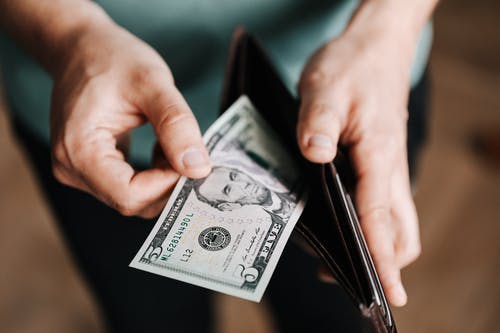U.S. residents are still helping each other with fundraising donations despite the pandemic.
Approximately 1 in 5 U.S. residents donated to a medical crowdfunding campaign through fundraising websites such as GoFundMe, according to new survey results from 1208 Americans aged 18 years or older, reports NORC at the University of Chicago. The survey found, “forty-five million adults donated to medical bill campaigns; 17 million people donated to campaigns related to cancer, and 16 million donated for accidental injuries. Nine million people donated to campaigns related to heart disease, 5 million to mental health, 2 million to COVID-19, and 1 million to diabetes.”
“The ‘mental health’ category appeared to include funding to defray the cost of residential treatment. Other campaigns seemed in some cases to be raising money for premiums and basic costs of care,” Susan Cahn, DrPH, MHS, NORC senior research scientist, said.
The team also found that “40% of the donations were from households with annual incomes of less than $60,000.” Cahn said, “These were people who themselves were at financial risk during the pandemic, and they made donations to family, friends, and strangers.”

This means, despite the financial difficulties that COVID-19 has put on lower income households, American are still choosing to help their neighbors in need. They are interested in off-setting the costs of care for those who need assistance with their medical bills.
Cahn said, “NORC hopes to glean more information about cancer and other crowdfunding campaigns to understand the gaps in our insurance coverage system and how policymakers can develop solutions.”
“Many studies have shown that some patients with cancer are at risk for being overwhelmed by the cost,” said Yousuf Zafar, MD, chief quality and innovation officer at the Duke Cancer Institute, Durham, North Carolina, when asked to comment on the NORC survey. “Oncologists are doing a better job of acknowledging the potential financial strain caused by the treatment we prescribe,” but the system is not perfect. He added, “We might be more likely to talk to patients about cost initially, but I suspect there is less follow-up. So, we are less likely to know how patients are truly coping with their financial strain.”
Most of the survey takers (86%) said they felt the government should step in and provide free or reduced medical care when individuals can’t afford it, rather than relying on public crowdfunding. Fifty percent said that the burden should be carried by providers and medical facilities.
“We are all responsible – the pharmaceutical industry for prices charged, health systems for lack of price transparency, insurance companies for inadequate coverage, and I, as a clinician, for not clearly discussing the goals of care, including the risk of both physical and financial harm,” Zafar said.
As far as where individuals typically seek crowdfunding, “Slightly more than half said that they had contacted the billing organization to request financial help. Of those who did so, 85% sought a reduction in the total amount billed, and 63% said they had asked for a payment plan. Only 7% said they had met with a billing or financial counselor.”
Sources:
Despite COVID Hardships, Americans Still Help Others With Medical Bills


Join the conversation!